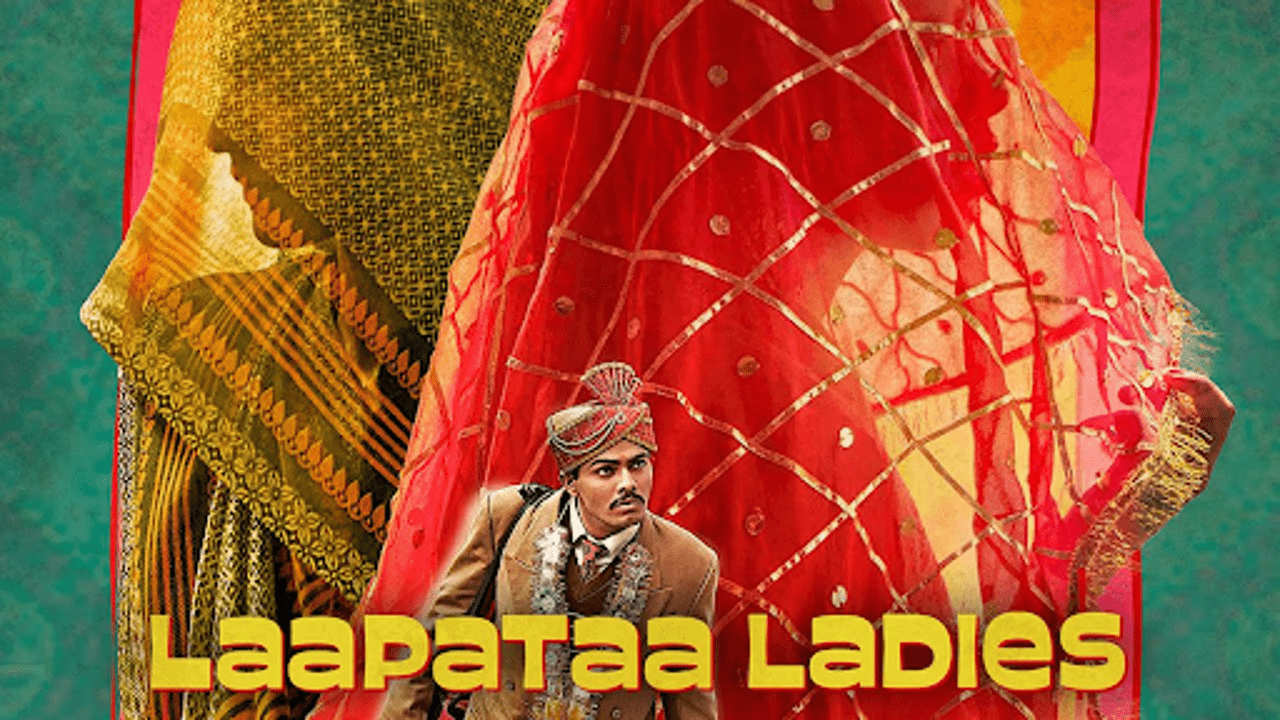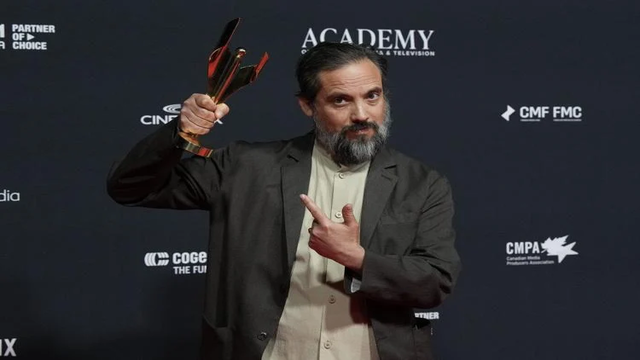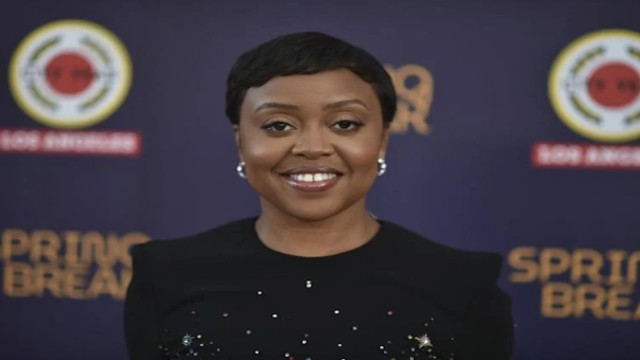
In photos poster of the movie Laapataa Ladies
The Film Federation of India (FFI) is under scrutiny following its decision to select Laapataa Ladies, directed by Kiran Rao, as India’s official entry for the 2025 Oscars in the Best International Feature category. Critics argue that the all-male selection committee may have displayed bias, as many had expected All We Imagine as Light by Payal Kapadia to represent India. Kapadia’s film, which made history as the first Indian title in decades to compete at the Cannes Film Festival, had garnered international recognition, winning the Grand Prix award.
Concerns were raised when reports suggested that the jury found All We Imagine as Light "less Indian" compared to Laapataa Ladies. The FFI President, Ravi Kottarakara, explained that Laapataa Ladies resonated with the jury due to its portrayal of Indian cultural elements, particularly the plot's focus on two brides accidentally swapping husbands during a train journey, while veiled under a traditional ghoonghat. In contrast, All We Imagine as Light follows the journey of two nurses trying to escape the chaos of Mumbai, which the jury reportedly felt was more akin to a European film set in India.
Film scholar Ira Bhaskar criticized the decision, stating that the emphasis on Laapataa Ladies' cultural aspects was an outdated perspective. She argued that films should be evaluated based on their artistic value rather than cultural stereotypes. The notion that All We Imagine as Light was dismissed due to its "European" feel has sparked wider debate about how films representing India should be defined.
Author Shrayana Bhattacharya also weighed in, lamenting that the selection committee’s views perpetuate simplistic representations of gender, reducing women’s experiences to binary narratives of dominance and submission. Bhattacharya praised Laapataa Ladies for highlighting the complexity of gender roles but criticized the language used to describe it.
The FFI's all-male selection committee has also faced criticism for its lack of diversity. Filmmaker Joshua Sethuraman and journalist Namrata Joshi expressed their disappointment online, with Joshi particularly condemning the patronizing tone of the committee's statement regarding women.
Beyond the controversy, practical considerations also played a role in the decision. Baradwaj Rangan, a prominent film critic, pointed out that financial resources and the ability to fund an Oscars campaign are crucial. Laapataa Ladies has the backing of major production houses like Aamir Khan Productions and Yash Raj Films, which possess the necessary means to launch a successful Oscars campaign.
However, All We Imagine as Light is not without support. Actor-producer Rana Daggubati’s Spirit Media, which holds the film’s distribution rights in India, remains committed to promoting it both domestically and internationally.
This isn’t the first time the FFI has faced criticism for its Oscar submissions. In previous years, notable films like The Lunchbox and RRR were overlooked in favor of less internationally recognized titles. Despite India’s long history of submitting films to the Oscars since 1957, the country has yet to win in the Best International Feature category.
The Academy will reveal the 2025 Oscars shortlist in December, with nominations to follow in January. The 97th Academy Awards are scheduled for March 2, 2025.















